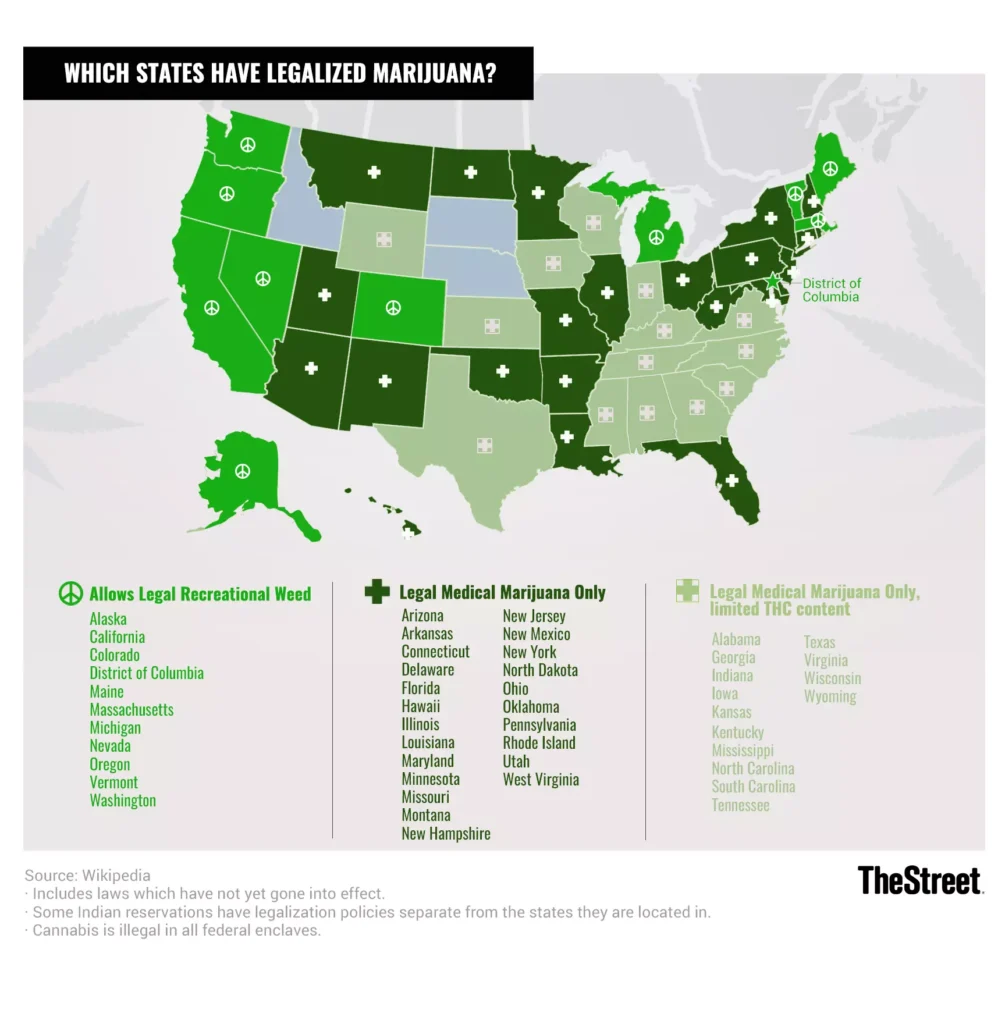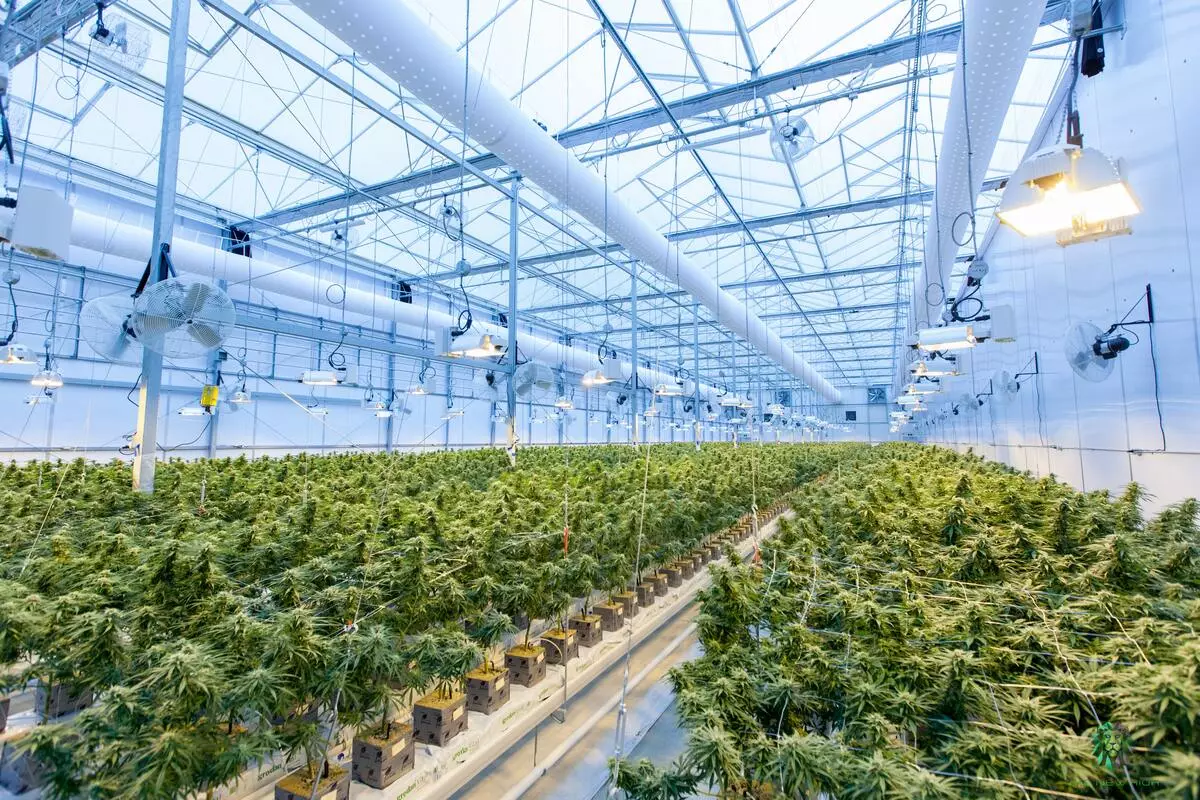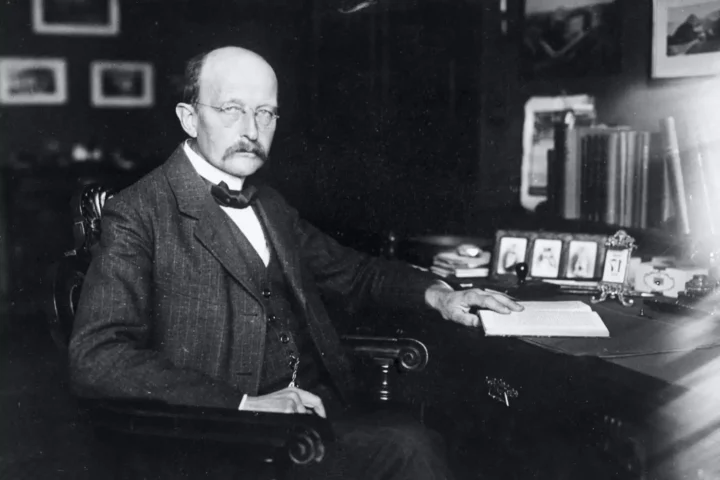Recently, the idea of imposing a bad mood tax has been increasingly discussed on social networks and in the media. It is assumed that such a tax will be levied on people who often complain about life and create a negative atmosphere around them. At the same time, the worse the mood of a person, the more tax he will have to pay.
The US senator, who does not want to disclose his name until the official announcement, said that he, like many of his colleagues, supports this idea and is ready to submit a corresponding bill to parliament. He says that people should be responsible for their negative energy and not pollute the environment with their bad moods.
“First of all, I would like to draw attention to the States in which smoking marijuana is allowed. Why were the laws changed? We changed it for people, so that people could relax and not suffer from bad mood and depression. If a person does not want to be more cheerful and carefree, then this person must pay a tax for the negative atmosphere around that this person creates.” the senator says.
According to the politician, the bad mood tax will be levied on people who constantly complain about life, criticize everything around and cannot find positive moments in their lives. People who often express their dissatisfaction and aggression on social networks or on forums, in public places, etc. will also be taxed.
Geography
Recall that at the moment the following States and territories of the United States have fully legalized both medical and recreational use of cannabis: Alaska, California, Colorado, District of Columbia, Maine, Massachusetts, Michigan, Nevada, Oregon , Vermont, DC.

“We are in times of crisis, a recession. This tax will create additional revenues to the budget,” the senator says. “Besides, America has a long relationship with this kind of plant. We have the US Declaration of Independence written on hemp paper, if you didn’t know. And that means something.”
Politicians suggest that this tax will encourage people to look at life more positively and improve the mental health of the population.






